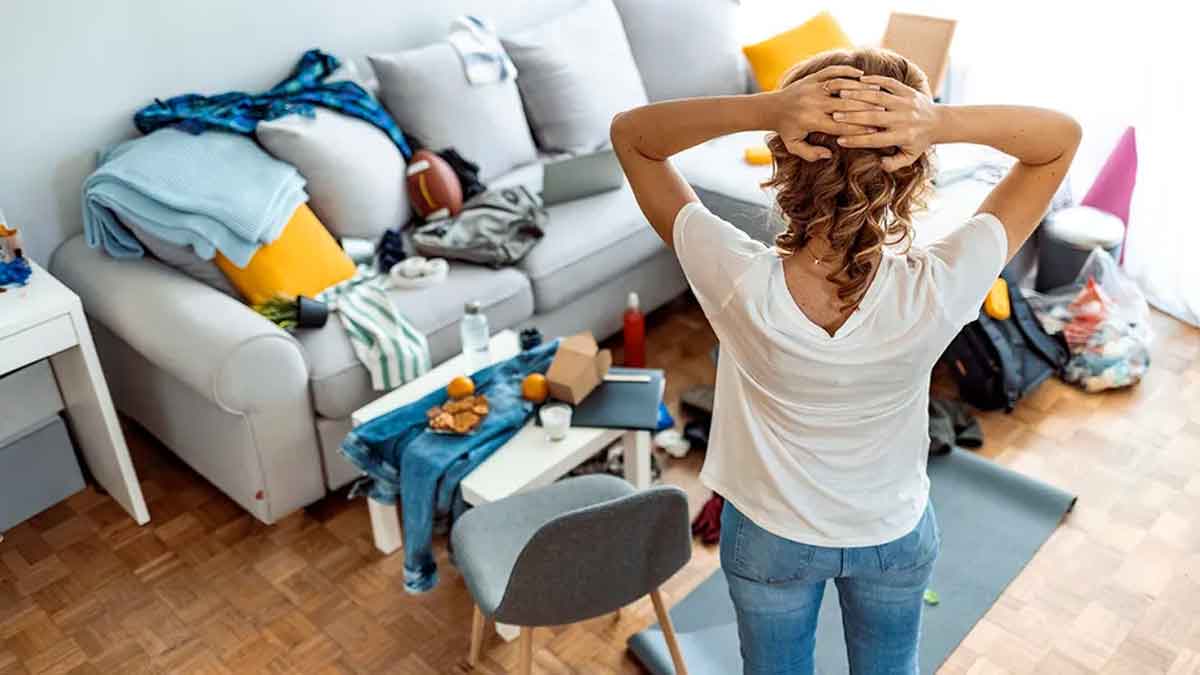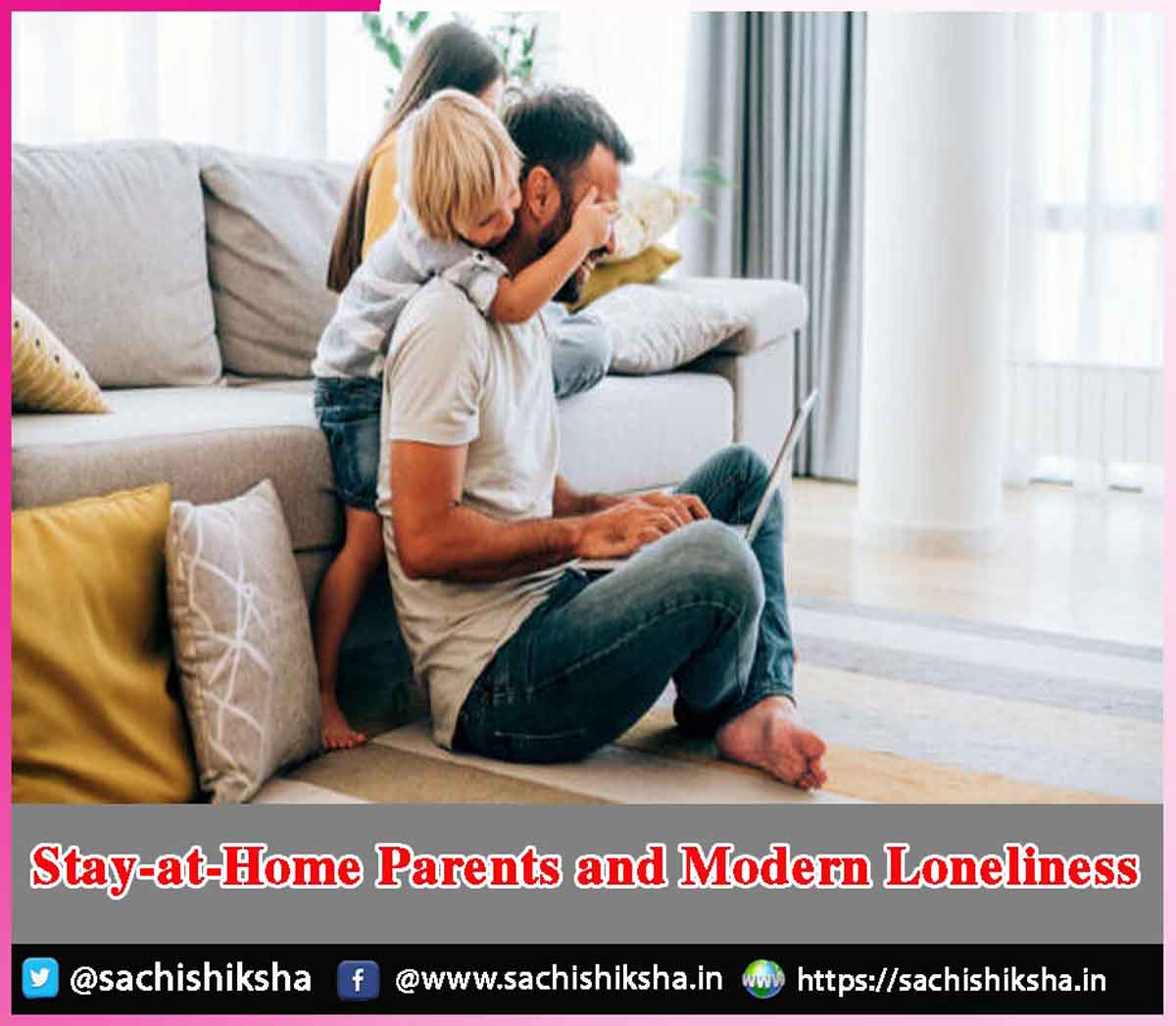Stay-at-Home Parents and Modern Loneliness
In a world that is more connected than ever, a paradox exists—many individuals feel lonelier now than in any previous generation. Among those deeply affected by this modern epidemic are stay-at-home parents. While they play a critical and nurturing role within families and societies, their emotional experiences often go unspoken or underestimated. For many, the isolation of parenting full-time in today’s fast-paced, digitally driven world can lead to profound loneliness, a sense of invisibility, and mental health challenges.
Table of Contents
The Changing Face of Parenting
Traditional vs. Modern Expectations

At the same time, societal expectations around parenting have intensified. Stay-at-home parents today are expected not just to care for children but to facilitate enriching activities, maintain perfect homes, and often pursue side hustles or community involvement. These additional responsibilities might leave parents feeling alone and burdened.
The Rise of Stay-at-Home Fathers
While traditionally stay-at-home parenting has been associated with women, a growing number of fathers are now choosing or finding them in this role. Though the social stigma for stay-at-home mothers persists, stay-at-home fathers often face a double bind-judgment for not fulfilling traditional male breadwinner roles and difficulty integrating into female-dominated parenting circles.
The Hidden Nature of Loneliness
Defining Modern Loneliness
Modern loneliness differs from simple solitude. It is not merely being alone; it’s feeling emotionally or socially disconnected despite being surrounded by others—including one’s own children. Many stay-at-home parents experience “crowded loneliness,” where constant physical presence from children does not equate to meaningful adult interaction.
This loneliness is exacerbated by:
- Lack of intellectual stimulation;
- Monotonous routines;
- Loss of identity beyond parenting;
- Absence of adult conversation;
- Limited personal time.
The Myth of Fulfillment
There exists a cultural narrative that parenting—especially full-time parenting—should be inherently fulfilling. While many find deep joy in raising children, it’s misleading to assume that parenting alone satisfies all emotional and social needs. The guilt associated with admitting unhappiness or loneliness can prevent parents from seeking help or expressing their feelings openly.
Causes of Loneliness Among Stay-at-Home Parents
-
Social Isolation
One of the most significant contributors to loneliness is the lack of regular, meaningful adult interaction. Unlike workplaces that offer social engagement, collaboration, and conversation, the stay-at-home environment is often isolating. Many parents spend entire days with young children who are not yet capable of full conversation.
-
Loss of Professional Identity
Stay-at-home parents frequently grapple with the loss of their former professional or individual identities. The transition from employee to full-time caregiver can leave one feeling disconnected from a sense of personal purpose or external validation. In the long run, this can lead to feelings of inadequate value and loneliness.
-
Lack of Appreciation and Visibility
Parenting is often a thankless job. There are no promotions, bonuses, or awards—just an endless cycle of feeding, cleaning, and comforting. While deeply meaningful, the lack of societal recognition and appreciation can make stay-at-home parents feel invisible.
-
Digital Comparison
Social media platforms often showcase polished versions of parenting and family life. Stay-at-home parents may compare their everyday struggles with the curate highlights of others, leading to feelings of inadequacy and increased loneliness. Interestingly, while online communities are intended to communicate, they may increase feelings of isolation.
-
Financial Dependence
Some stay-at-home parents experience discomfort or tension due to financial dependence on a partner. This can lead to reduced confidence, perceived lack of control, and even vulnerability in relationships—factors that compound emotional isolation.
The Impact of Loneliness
Mental Health Consequences
Prolonged loneliness can have an adverse effect on mental health. Research links chronic loneliness to:
- Depression and anxiety;
- Low self-esteem;
- Sleep disturbances;
- Cognitive decline;
- Increased risk of substance abuse.
Stay-at-home parents are particularly vulnerable because their emotional and physical labor is constant, with limited opportunities for rest or self-care.
Relationship Strain
Loneliness can also affect relationships with partners. Stay-at-home parents may feel resentment or envy towards working partners who get to “escape” the home and engage in adult interaction. Miscommunication and emotional disconnection may follow, leading to strain in the relationship.
Parenting Quality
While most stay-at-home parents remain committed and loving, chronic emotional distress can impact the quality of parenting. Irritability, fatigue, or emotional withdrawal may limit one’s ability to respond to a child’s needs with patience and warmth.
Coping Mechanisms and Support
-
Building a Social Network
Actively seeking out local parenting groups, community centers, or child-friendly cafes can create opportunities for adult interaction. Though initiating connections can feel intimidating, even occasional face-to-face conversations can significantly ease feelings of isolation.
-
Online Communities
When physical communities are lacking, digital ones can offer solace. Forums, Facebook groups, and apps like Peanut connect parents with similar experiences and offer platforms for sharing struggles, advice, and encouragement.
-
Partner Communication
Open communication between partners is essential. Discussing emotions honestly, setting realistic expectations, and validating each other’s roles can foster empathy and reduce tension. Some families find that regular check-ins or counseling help maintain a healthy emotional balance.
-
Pursuing Personal Goals
Numerous stay-at-home parents benefit by having activities of interest, working freelance or enhancing their educational pursuits. These activities restore a sense of identity beyond parenting and offer mental stimulation and self-worth.
-
Seeking Professional Help
There is no shame in seeking professional help. Therapists, counselors, and support groups can provide tools to manage emotions and build healthier thought patterns. If loneliness escalates into depression or anxiety, timely intervention is crucial.
Cultural Shifts and Societal Support
Breaking the Silence
One of the most important steps is normalizing the discussion around stay-at-home parenting and loneliness. This includes challenging cultural myths that portray full-time parenting as solely rewarding and emphasizing that emotional hardship does not equate to failure.
Workplace Flexibility and Co-Parenting
Encouraging flexible work arrangements and co-parenting can lighten the emotional and practical load on stay-at-home parents. When both partners share responsibilities more equally, the sense of isolation and imbalance can diminish.
Creating Community Infrastructure
Cities and towns can invest in community spaces, parent lounges, libraries, and parks that are more conducive to building organic social interactions. Structured support services like parenting classes, drop-in centers, or therapy subsidies could also go a long way in supporting isolated parents.
Rethinking Value Systems
Society must shift from viewing parenting as unpaid labor to recognizing it as a vital contribution to the health and future of the community. Advocating for policy changes like parental stipends, mental health services, and flexible childcare could address many root causes of stay-at-home parent loneliness.
Conclusion
Having a stay-at-home parent requires a significant amount of dedication and offering, but it shouldn’t be accomplished at the expense of your psychological health. Modern loneliness is a silent burden carried by many parents behind closed doors. By raising awareness, building compassionate communities, and advocating for systemic change, we can ensure that those who nurture the next generation do not suffer in silence. Recognizing and supporting the emotional needs of stay-at-home parents is not only an act of kindness—it is a collective responsibility.












































